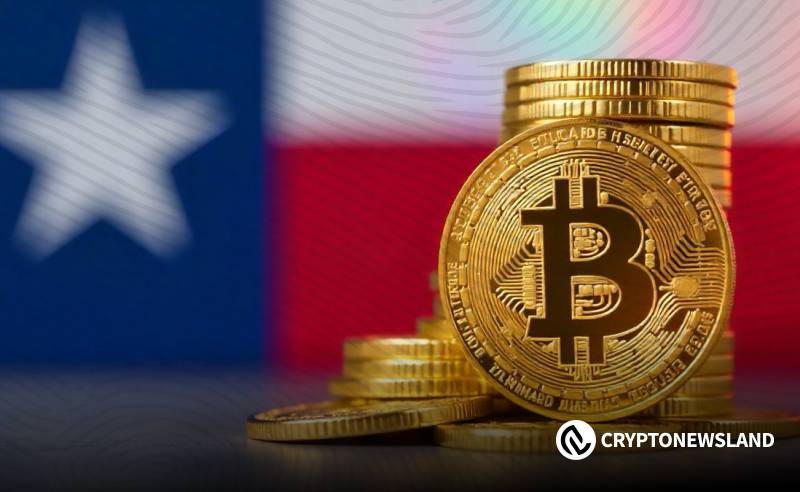UAE Establishes International Benchmark for Crypto: Striking a Balance Between Progress and Oversight
- UAE enacts landmark crypto law (Federal Decree No. 6/2025) to regulate DeFi, Web3 protocols, stablecoins, DEXs, and blockchain bridges under central bank oversight. - Entities offering crypto financial services must obtain licenses by September 2026, enforcing AML compliance and systemic risk mitigation through reserve audits and security standards. - Framework balances innovation with stability, supporting UAE's economic diversification goals while attracting institutional investors through regulatory c
The United Arab Emirates has taken a significant step in the international crypto sector by introducing
The law’s coverage is broad, including decentralized finance protocols, tokenized networks, and tools that enable cross-chain asset movement. By placing these activities under centralized regulation, the UAE seeks to boost transparency, strengthen anti-money laundering (AML) measures, and shield users from systemic threats—especially in areas like stablecoins, where liquidity issues could have widespread financial consequences
The UAE’s regulatory strategy aims to strike a balance between encouraging technological advancement and maintaining financial stability. By creating a transparent licensing process, the country positions itself as a welcoming environment for crypto businesses, while also reducing the unpredictability often associated with decentralized technologies
Importantly, the law gives organizations until September 2026 to meet the new requirements, allowing time for adjustment. However, failing to comply could result in hefty fines—up to one billion dirhams—and possible criminal prosecution
By expanding its regulatory framework to include DeFi and Web3, the UAE has established a new standard for global crypto oversight. This move highlights the nation’s dedication to building a robust digital finance sector that safeguards users while embracing the innovative potential of blockchain. As other countries consider how to govern decentralized technologies, the UAE’s approach provides a model for merging innovation with structured regulation.
Disclaimer: The content of this article solely reflects the author's opinion and does not represent the platform in any capacity. This article is not intended to serve as a reference for making investment decisions.
You may also like
Aster Price Surges 26% Amid Broader Crypto Sell-Off

Texas Executes First State-Backed Bitcoin Allocation Through BlackRock ETF

Spain's sweeping changes to cryptocurrency taxation ignite concerns over mass departures and create regulatory turmoil
- Spain's left-wing Sumar group proposes reclassifying crypto gains as ordinary income, raising top tax rates to 47% and introducing a "crypto traffic light" risk system. - Critics warn the reforms could drive investors offshore, mirroring India's 2022 experience, and create compliance chaos for self-custodied assets and non-EU tokens. - Legal experts challenge enforceability of asset seizure rules for non-local custodied tokens like USDT , while tax agencies highlight existing legislative ambiguities. - C

XRP News Today: Institutional XRP ETFs Create Rarity, Yet Market Downturn Restricts Price Growth
- Jake Claver highlights ETF-driven depletion of XRP's OTC supply, potentially triggering sharp price surges via liquidity constraints. - SEC's Project Crypto prioritizing disclosure enabled XRP ETF approvals (e.g., Grayscale GXRP), offering institutional access through regulated platforms. - Analysts note ETFs' structural advantages over futures but warn XRP's $2.11 price faces headwinds from broader crypto market weakness (-25% since October). - FeFe's model predicts $47 price target if $10B ETF inflows
